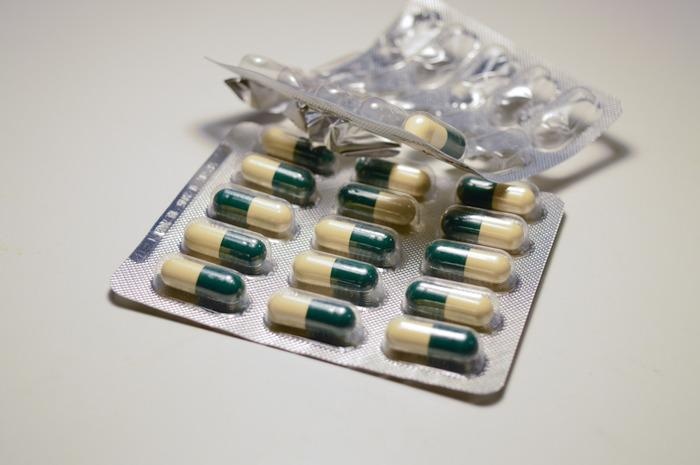Every year, 1.5 million people die from infections caused by Mycobacterium tuberculosis. Antibiotics are available to treat tuberculosis, but the bacteria has evolved multi-drug resistant (MDR), extensively drug-resistant (XDR), and fully drug-resistant (TDR) strains in recent years.
 Researchers find new antibiotics could tackle drug-resistant tuberculosis bacteria. Image Credit: pxhere.com (CC0, https://creativecommons.org/publicdomain/zero/1.0/)
Researchers find new antibiotics could tackle drug-resistant tuberculosis bacteria. Image Credit: pxhere.com (CC0, https://creativecommons.org/publicdomain/zero/1.0/)
A novel family of antibiotics is particularly successful against drug-resistant tuberculosis, according to a new study published May 31st, 2022, in the open-access publication PLOS Biology by Ho-Yeon Song of Soonchunhyang University in the Republic of Korea and colleagues. If the new drug class is proven in clinical trials, it will be a significant step forward in the treatment of tuberculosis.
To find novel drug candidates, the researchers looked at a wide range of plant extracts and discovered one that had very promising antibacterial activity. Deoxypergularinine (DPG) is extracted from the root of the flowering plant Cynanchum atratum, which is utilized in Chinese medicine.
The researchers next created and tested several DPG analogs to see if they might suppress M. tuberculosis without hurting the cells it infected. Researchers discovered a family of derivatives with strong antitubercular properties and minimal toxicity (dubbed PPs because of the inclusion of phenanthrene and pyrrolidine groups within the structures).
In XDR strain-infected cell culture, a typical measure of antibacterial action called the minimum inhibitory concentration (MIC) was lower (i.e., better) for numerous derivatives than for the current first-line TB drugs. In a mouse model, four weeks of therapy with one derivative, PP1S, dramatically decreased the burden of tuberculosis infection when compared to the control group.
After two weeks of high-dose therapy, neither PP1S nor a second derivative, PP2S, caused any clinical adverse effects in healthy rats. After four weeks of PP2S intermediate-dose treatment, no side effects were observed.
Off-target death of other bacteria, notably those in the stomach, is a risk with antibiotic therapy. The mouse gut microbiota showed no significant alterations after one week of therapy with PP2S, compared to various changes following treatment with other TB drugs.
The highly selective effect on M. tuberculosis is likely owing to the PPs’ target, which was identified as a gene termed PE PGRS57 by scientists. This gene appears to be present in just a few different bacteria species, including many Mycobacterium species.
MDR TB is now treated with a mixture of antibiotics that takes over a year to complete and each has significant adverse effects.
While further testing will be required, the low effective dose and high level of safety in these early tests indicate that these new drugs are likely to be important alternatives to the current regimen for treatment of tuberculosis. A new class of PP derivatives is a Mycobacterium tuberculosis-targeted antimicrobial with microbiome-safe properties.”
Ho-Yeon Song, Department of Microbiology and Immunology, School of Medicine, Soonchunhyang University, Republic of Korea
Source:
Journal reference:
Seo, H., et al. (2022) A novel class of antimicrobial drugs selectively targets a Mycobacterium tuberculosis PE-PGRS protein. PLOS Biology. doi.org/10.1371/journal.pbio.3001648.